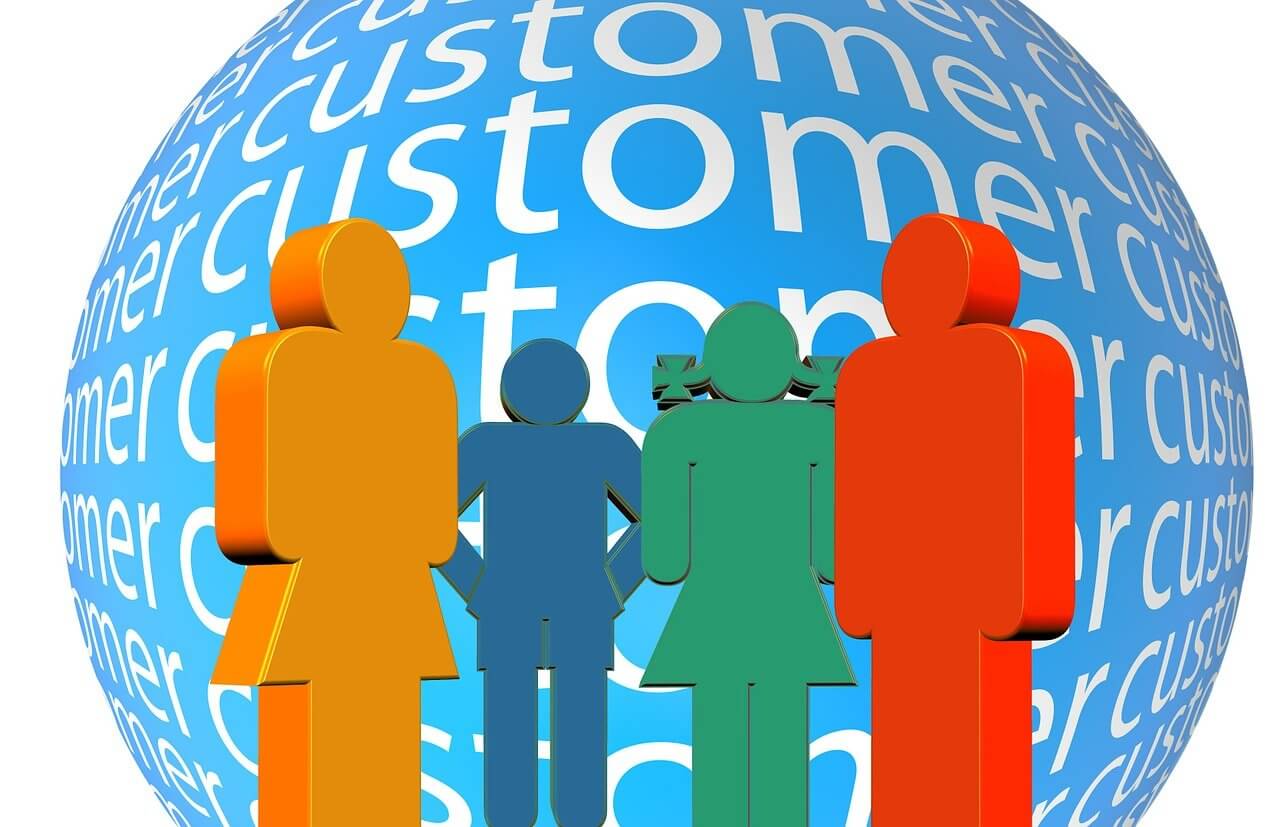Discover how to choose the right CRM for your business. Learn the key features and factors to consider in selecting a CRM that aligns with your goals, fits your budget, and boosts customer satisfaction.
In the modern business landscape, where customer satisfaction reigns supreme, a robust Customer Relationship Management (CRM) system is vital. It’s not just a means of logging customer interactions, but a strategic component that integrates with your business to foster deep connections with clients, streamline processes, and drive productivity.
The effectiveness of a CRM is not just in its ability to manage customer in providing a comprehensive perspective of each customer’s experience. This allow companies to gain deeper insights into their customers, predict their preferences, customize their interactions, and establish strong connections that encourage customer loyalty and support business expansion.
Choosing the appropriate CRM system is not a simple decision, as it is-all solution. With numerous choices on the market, each with its own set of unique process can be daunting. This guide aims to assist businesses in recognizing the factors to consider cting a CRM system. We strive to equip you with the necessary information to make a knowledgeable decision that aligns with your business goals, suits your financial resources, and enhances customer satisfaction and overall success.
READ ALSO: How to Manage Cash Flow in Small Business
Key components of CRM
AI and Automation:
Significantly enhance customer relationships. AI-powered tools can anticipate customer requirements, tailor interactions to individual preferences, and resolve straightforward queries, freeing up agents to tackle more intricate problems. taking care of uninteresting tasks like data entry, follow-up communications, and ticket allocation, ultimately leading to improved customer satisfaction and increased productivity.
Multichannel Engagement:
In today’s digital landscape, customers interact with companies through multiple touchpoints. A robust CRM system that supports various channels can seamlessly integrate interactions across email, phone calls, social media, and live chat, ultimately delivering a more cohesive and satisfying customer experience.
Instant Data Analysis and Reporting:
These solutions deliver instant visibility into customer engagement, enabling you to pinpoint patterns and opportunities for growth. By gaining a deeper understanding of customer actions and preferences, you can enhance overall customer experience.
Smooth Connection:
A quality CRM system should be able to smoothly connect with various business tools such as email marketing and ERP systems. This enables uniform and current data flow across different platforms, leading to more efficient processes.
Inbound and Outbound Communication:
Effective handling of both inbound and outbound communication is crucial for CRMs. Inbound communication involves managing incoming customer inquiries and issues, while outbound communication entails reaching out to customers through sales calls, marketing emails, and follow-ups. Maintaining strong customer relationships relies on properly managing these two communication types.
Automated Phone Systems:
These advanced phone technologies use pre-recorded messages to engage with callers, gather relevant data, and direct them to the most suitable representative or team. Within customer relationship management (CRM), IVR systems empower customers to resolve issues independently through step-by-step guidance or connect them with a knowledgeable agent, ultimately boosting service efficiency and overall customer experience.
Empowering Customer Autonomy:
Customer relationship management (CRM) systems emphasise self-service capabilities, online resources such as knowledge bases, frequently asked questions, discussion forums, and automated support tools. By providing these tools, customers can resolve issues independently, reducing wait satisfaction with the service.
Ticketing System:
Utilizing an efficient ticketing system within CRM is crucial for monitoring, organizing and overseeing customer support inquiries. Once a customer submits a request, the system automatically creates a ticket and monitors it until the matter is resolved. This process guarantees that all customer concerns are handled promptly and minimizes the risk of overlooking requests.
Customisation:
Tailoring a CRM system to meet a company’s needs is a critical aspect known as customisation. This process may include modifying user interfaces, adapting data fields, establishing unique workflows, or generating personalized reports. Customisation is essential for ensuring that the CRM aligns with the specific business operations of the company, ultimately improving efficiency and productivity.
READ ALSO: Effective Networking: Building Valuable Business Relationships
How To Choose the Right CRM for Your Business
Choosing the right CRM system is a critical decision that can profoundly affect your company’s efficiency, customer experience, and long-term success. To make an informed decision, it’s vital to evaluate several key considerations.
Organizational Requirements:
Each company has distinct demands shaped by its scale, sector, target audience, and internal processes. While some organizations may prioritize a CRM with advanced sales and marketing capabilities, others may focus on tools that enhance customer service. As a result, identifying your organization’s specific needs is
Cost Considerations:
The cost of CRM systems varies widely, influenced by factors such as the range of features, user capacity, and the level. When planning a CRM investment, it’s crucial to set a purchase price and recurring expenses updates, and any additional services that may be required.
Scalability:
As your organization expands, its customer base and relationship management needs will become increasingly intricate. A flexible CRM system can adapt to this growth, providing the ability to add new, and integrate additional features as required easily.
Options for tailoring:
An effective CRM system should offer customization capabilities to align with your business operations and procedures’ unique needs. This may include creating custom data fields, designing personalized dashboards for various user functions, or implementing bespoke automation protocols for sales or customer service tasks.
Vendor Evaluation:
When evaluating vendors for CRM services, it is essential to remember that they in the quality of service and features they offer. It is advisable to thoroughly assess different vendors by looking at their reputation, customer support quality, ability to integrate with other systems, and the security they have in place. Additionally, studying reviews and testimonials from past customers can offer helpful perspectives.
Demo or proof of concept:
Many CRM providers offer customized trials that cater to your business’s unique requirements. These trials enable you to experience firsthand how the system can address specific pain points and overcome obstacles. Additionally, some vendors may provide a more proof of concept, allowing you to assess the CRM’s user experience, and functionality.
Return on Investment (ROI):
The Return on Investment (ROI) of a Customer Relationship Management (CRM) system is important. Like any other investment, it should result in a beneficial outcome. This may manifest as better sales results, increased customer happiness, or streamlined business operations.
Conclusion:
Choosing the right CRM system is crucial to influencing your business’s efficiency, customer experience, and growth. To make an informed choice, evaluating your organization’s specific needs, budget, and scalability requirements is essential. Additionally, consider customization options, vendor reputation, and the potential ROI. By carefully assessing these factors, you can select a CRM that meets your current needs and supports your long-term business objectives, ensuring enhanced customer satisfaction and success.







